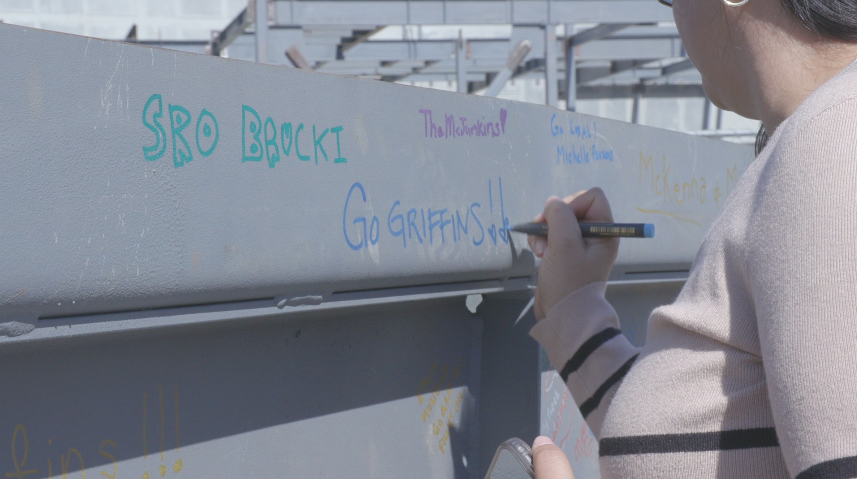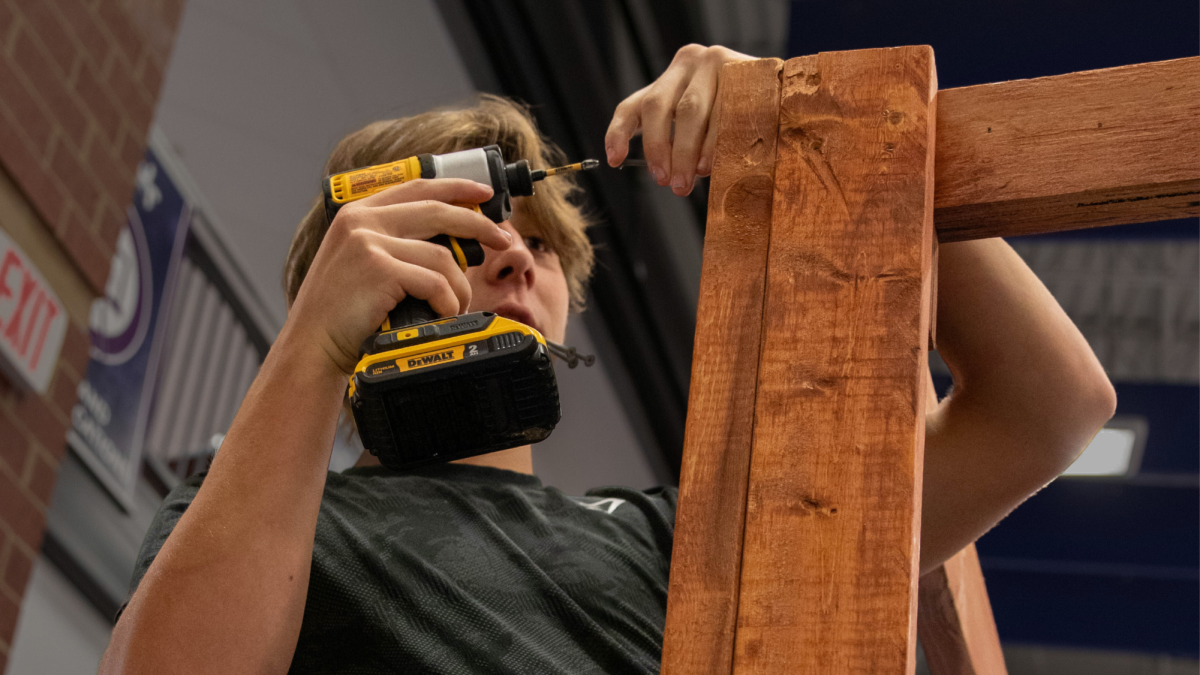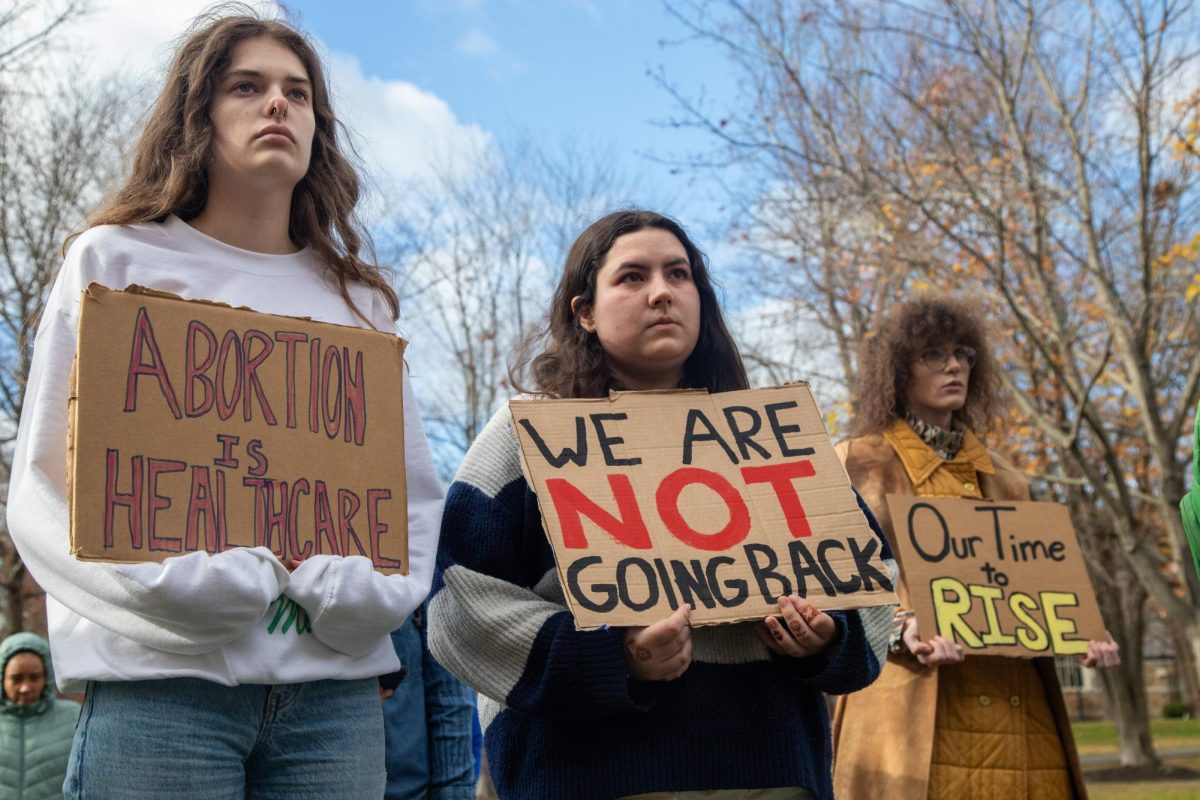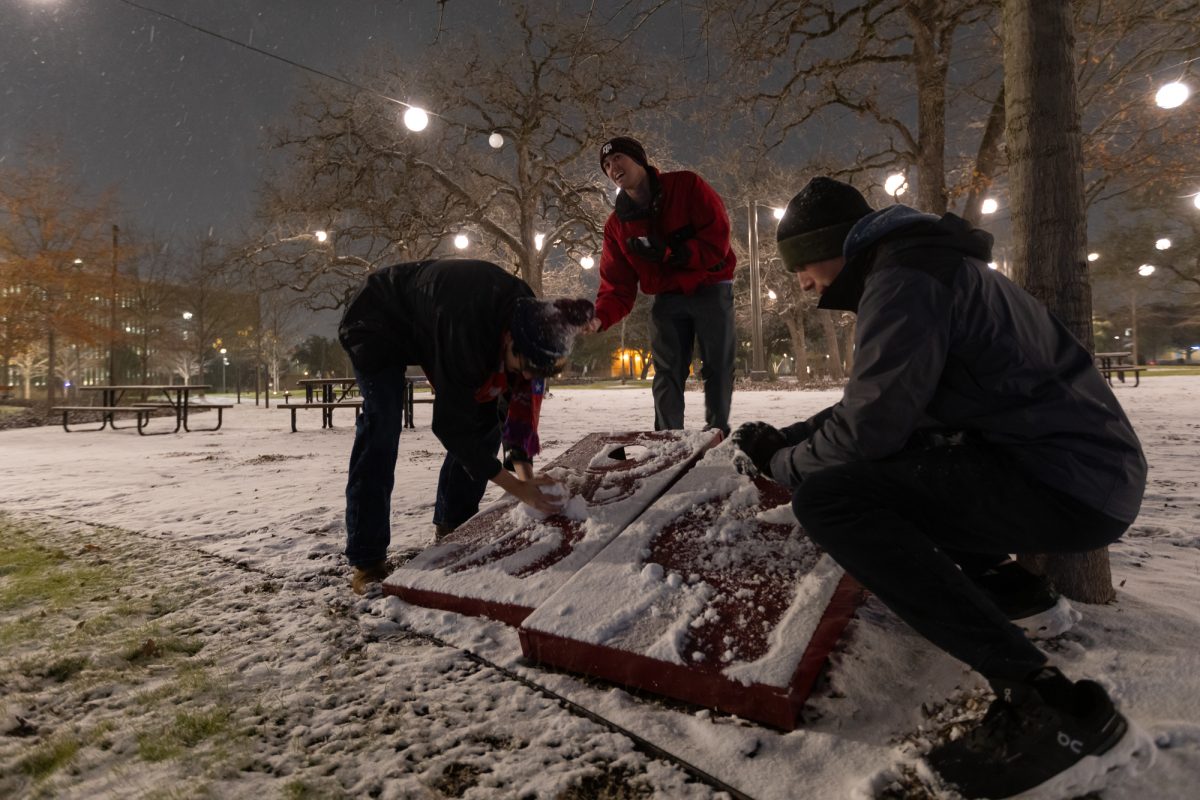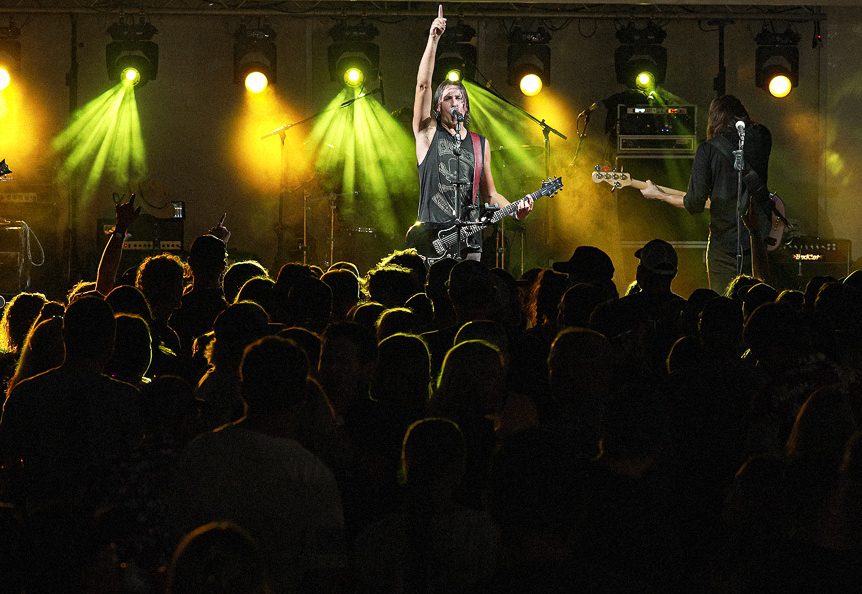A post-election rally on Coram Library steps Nov. 12 called for solidarity, resistance and to take action against the dangers of Project 2025 following the election of Donald Trump. The event was organized by “a group of politically active students on campus from a multitude of different clubs,” including the Bates Leftist Coalition and Bates Climate Action according to organizer Adrian Madanes ‘25.
Project 2025 is a playbook of conservative policy initiatives that would usher in sweeping changes to the government including, but not limited to, putting the entire federal bureaucracy under presidential control, “stop[ping] the war on oil and natural gas” and banning the abortion drug, mifepristone, from pharmacies.
Written by the Heritage Foundation, president-elect Donald Trump denies knowing who wrote the document, despite 140 people who have previously worked with him having been involved in its authorship, according to a CNN investigation.
To students who spoke at the rally, Project 2025 threatens their identities, ways of life, education, and opportunities.
Rally speaker Nakelm, who declined to share a last name, started the speech by saying, “I’ve come to address an issue that doesn’t sit quite well on campus.”
That issue was the lack of institutional response by the college and Garry Jenkins in particular.
“I’m calling out President Garry Jenkins and the Board of Trustees over their lack of recognition and support for student well-being who are and continue to be impacted by this election,” Nakelm said. “This election heavily affects BIPOC students, international students, undocumented students, LGBTQ students, as well as students on financial aid such as myself.”
Nakelm said that Bates has failed to effectively implement diversity equity and inclusion initiatives.
“As a first generation black and queer student who was sold to the idea of diversity, equity and inclusion, and persuaded to go to an institution that claims to support all students of our identities we hold higher up at Bates College deeply accountable for not setting the foundation for that and for future generations to come,” Nakelm said.
“Even at a place as close-knit as Bates, there is no singular voice, experience or perspective,”Jenkins said in a statement to The Student. “While meaningful to some, I don’t think that these statements provide any substantive help, and I also feel that they have the potential to — intentionally or unintentionally — silence the voices of some members of our community.”
Among the attendees were a handful of faculty, who came to support students and their voices.
“I am certainly afraid of what is going to happen under the second Trump administration,” Assistant Professor of Politics Lisa Gilson said. “I wanted to be here to support [students] and let them know that there are faculty on their side as well.”
Gilson emphasized the rally’s importance in unifying voices and identities.
“It’s a pretty alienating time for people,” they said. “I think students have more power than sometimes they think they do, but it’s always helpful to have people in a different position in the overall organizational hierarchy to let them know that it’s not just them versus the world.”
Away from the rally, Professor of Politics Stephen Engel recognized the acute difference between the outcome of this election and many others. While procedural democracy, the processes that fuel elections, held strong, he says there will be likely risks to substantive democracy: the ideals a society holds true as key to freedom and civil liberties, or “certain values that are the baseline of what a democracy should be achieving.”
“I think one of the implications of the [Trump] campaign, as the campaign was run…is that the Trump campaign [violated] the substantive agreement as to what are the baseline liberal values of U.S. democracy [are],” Engel said.
Moving forward, Engel said, the ideals of American democracy could shift altogether.
“Substantive values that have been the cornerstone of U.S. constitutional and political cultural aspirations are open to question,” he said. “And whether they will survive the next four years is also open to question.”
Engel said that activism on the Bates campus in the wake of elections isn’t new. In 2016, there was outrage and spaces for processing. But there are key differences between this election and that one, he said.
“Unlike 2016, the Electoral College and the popular vote align,” Engel said. “That was a key difference from 2016 that really felt very frustrating. That was actually the majority of Americans wanting Hillary Clinton, but given this wacky institution that we have that has clearly racist roots, the Electoral College, we’re constantly prevented from having our clear voice.”
Additionally, Engel added, Vice President Kamala Harris suffered from a short campaign and anti-incumbency bias when she didn’t denounce President Joe Biden.
Overall, the frustration over accountability of people in power was focal to the students’rally.
“Truth be told, nothing frustrates me more than when those in power don’t take accountability for their actions,” Hazel said, a speaker at the rally who declined to share a last name.
Another speaker Ellie, who declined to share a last name, is a fervent member of several clubs including Bates Democrats, Students Demand Action and Outfront. Ellie started preparing for a second Trump presidency long before election day. But still, as votes rolled in on the night of Nov. 5, Ellie felt a whole range of emotions.
“I’m speaking about this as a non-binary person and as a woman. I’m nervous. I want to explore my gender and sexuality, and I want to have spaces to express myself, and if I can’t do that freely, in how I wear, how I cut my hair that’s a problem,” Ellie said. “And there’s a lot of people who still feel very closeted, and not being able to have any space to explore at all is really destructive.”
For Ellie, this begins with starting at a community level; tackling problems that affect people on a smaller scale, and thinking outward from there.
“We have to figure out the things that we specifically can do at our level and hopefully one minor action could lead to something bigger,” Ellie said.
BLC member and rally attendee Joey, who declined to share their last name, agrees with Ellie. “Activism is not confined to election season and that the issues of environmental protections, non-politicized education, labor rights and civil rights do not go away after Nov. 5,” Joey said. “Political progress is an ongoing, year-round effort and building a network of active and informed participants is essential to the mission of keeping this country on-track.”
The rally was whipped together in just less than a week with students tabling and passing out fliers all across campus. Noor, an organizer who declined to share a last name, said that it was truly a group effort.
“I think that after the election, a lot of people on campus, including a lot of my close friends, were feeling a little bit down about what had happened,” Noor said. “And maybe your response is that we had to, we had to organize something in some capacity. Because I think a lot of people don’t understand how grave the situation is for a lot of different identities on campus, and for everyone, generally, when you think about climate change and so on.”
This story was originally published on The Bates Student on November 13, 2024.

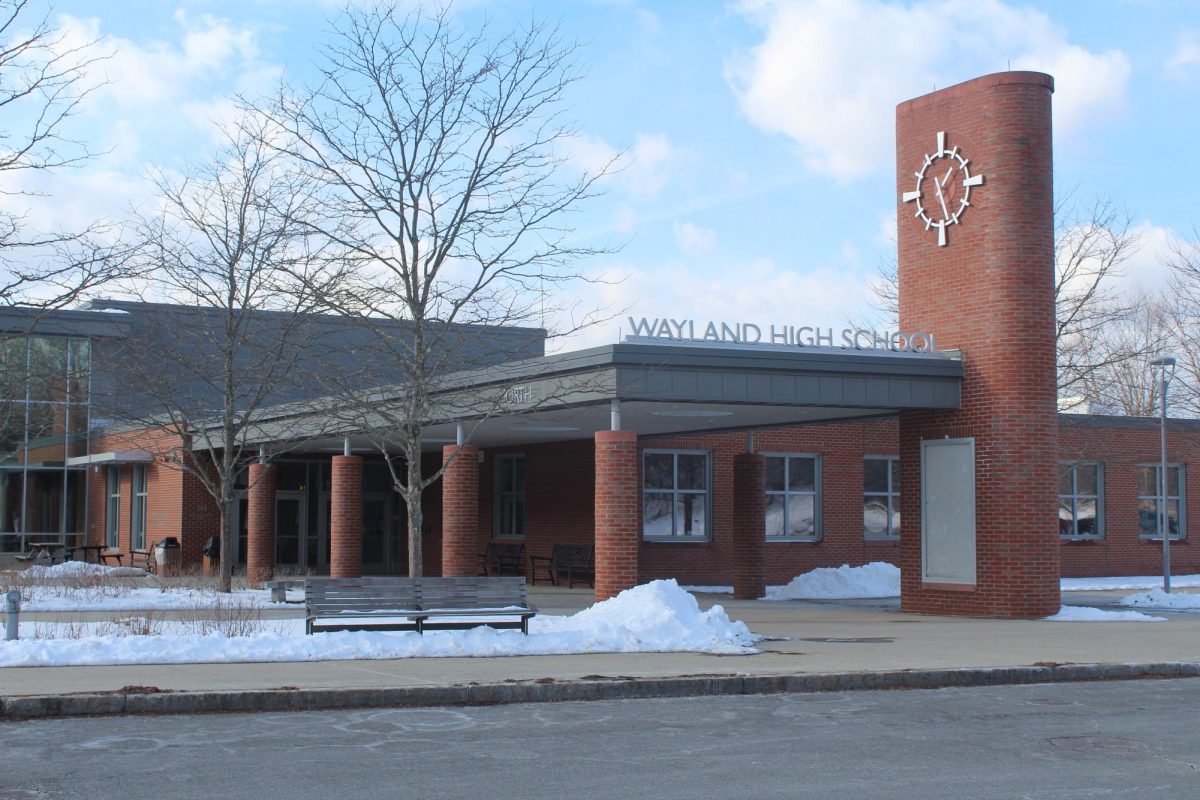
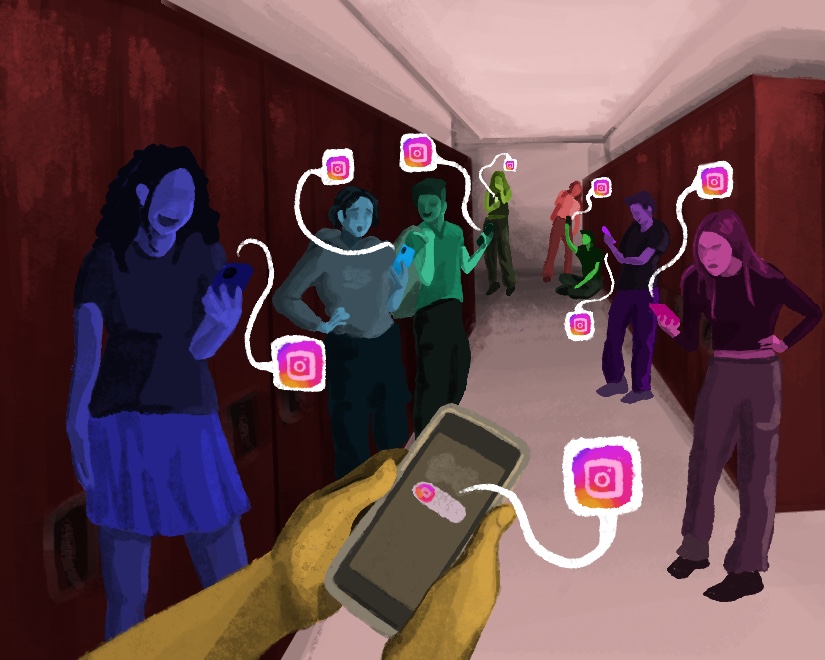
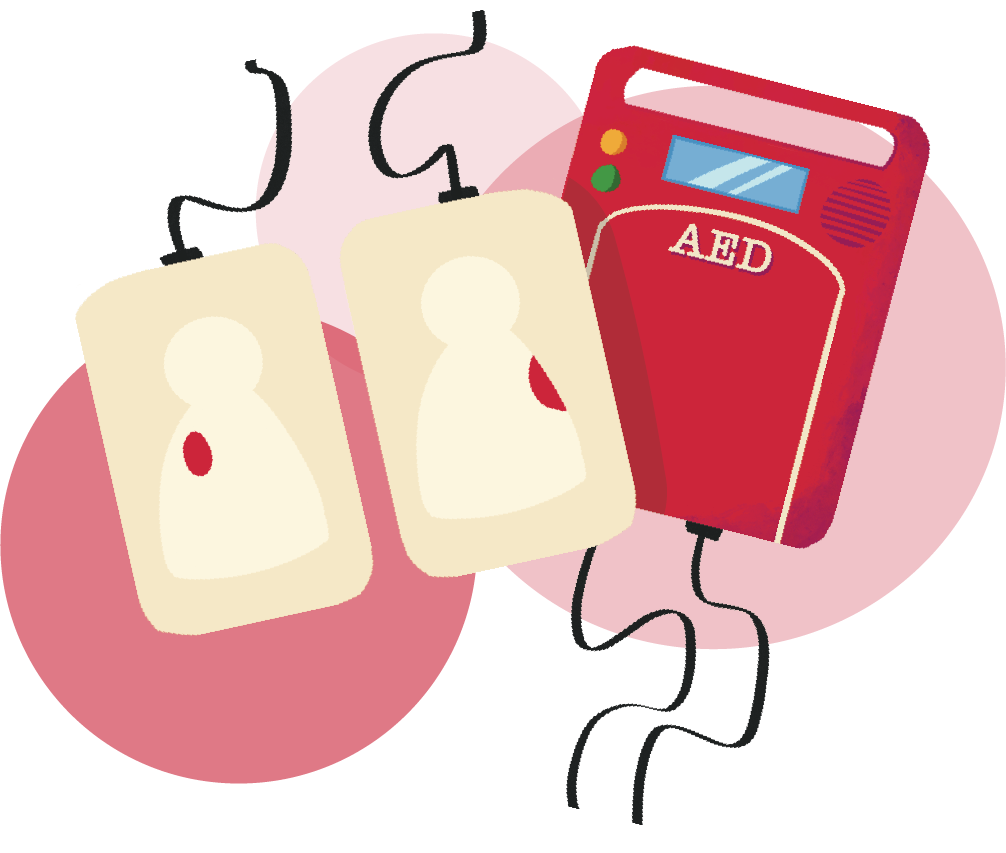
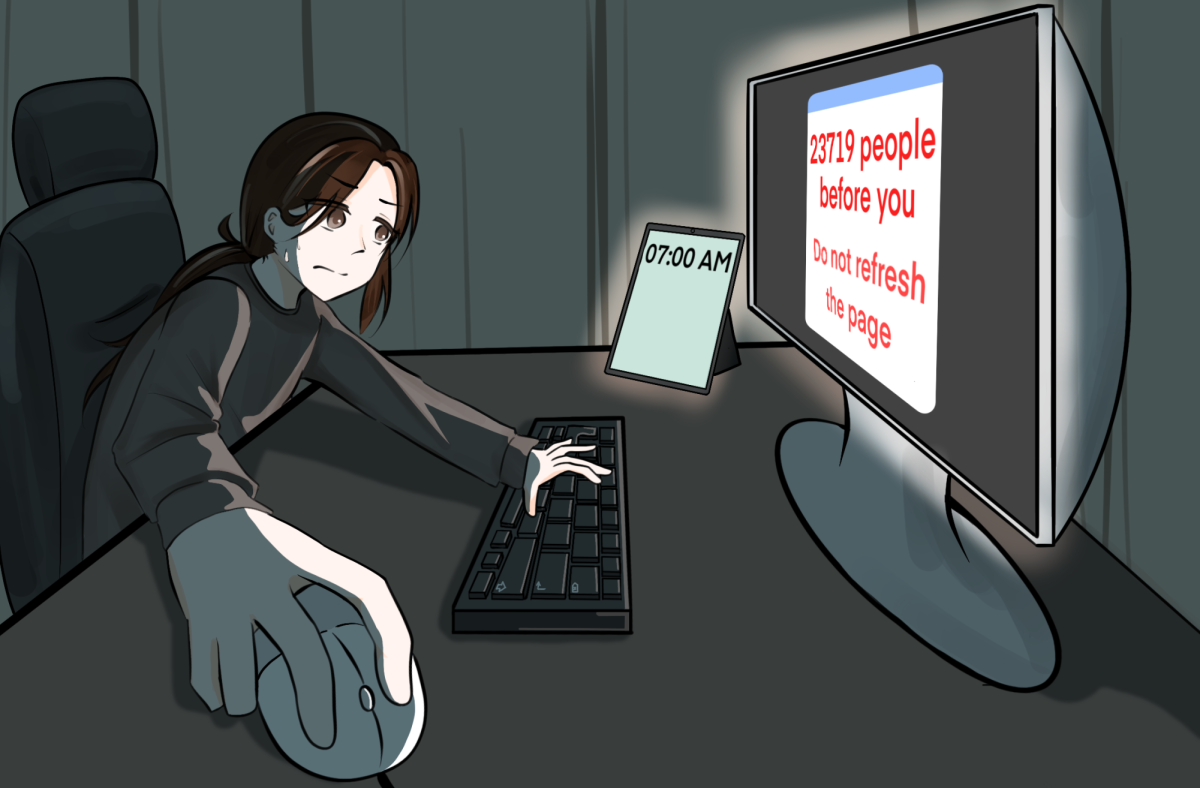
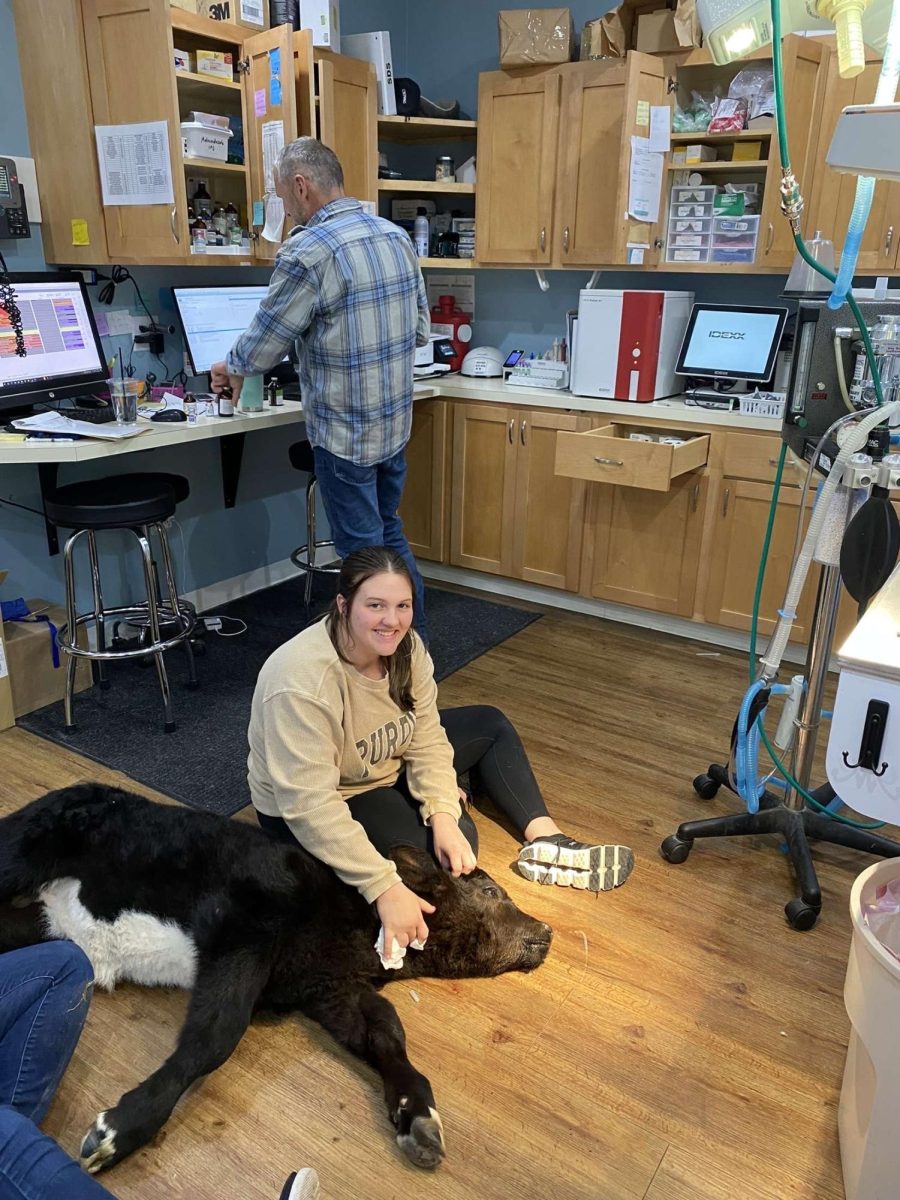
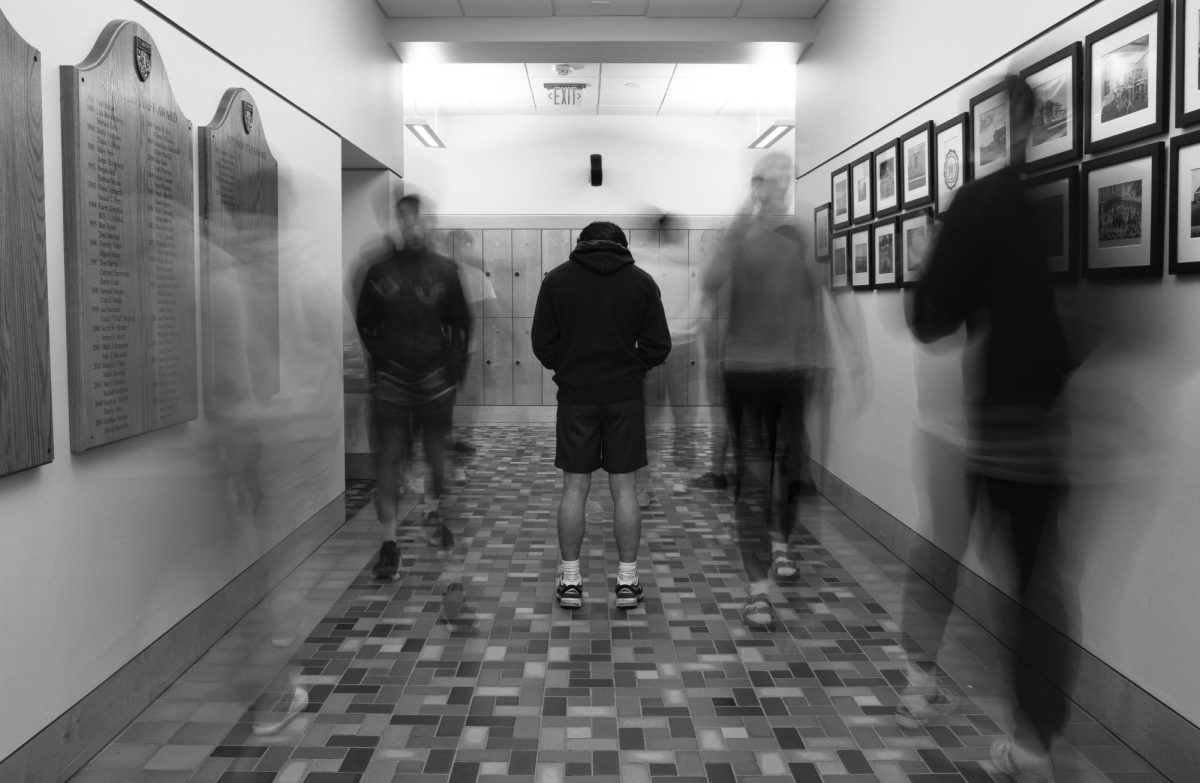
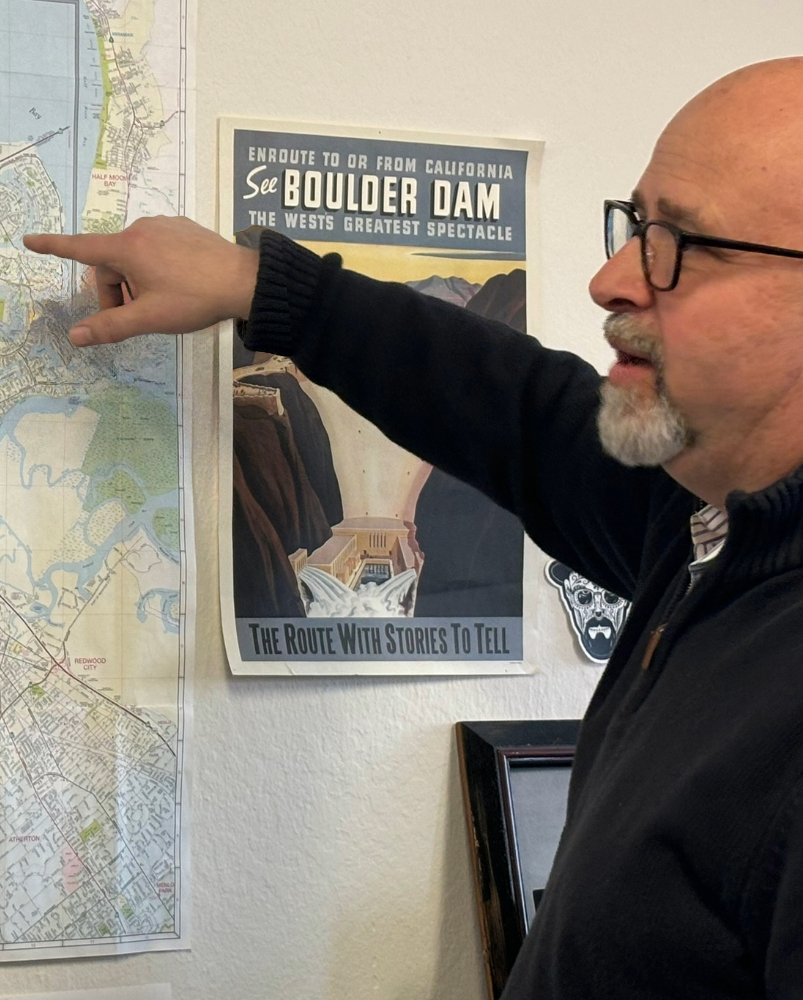

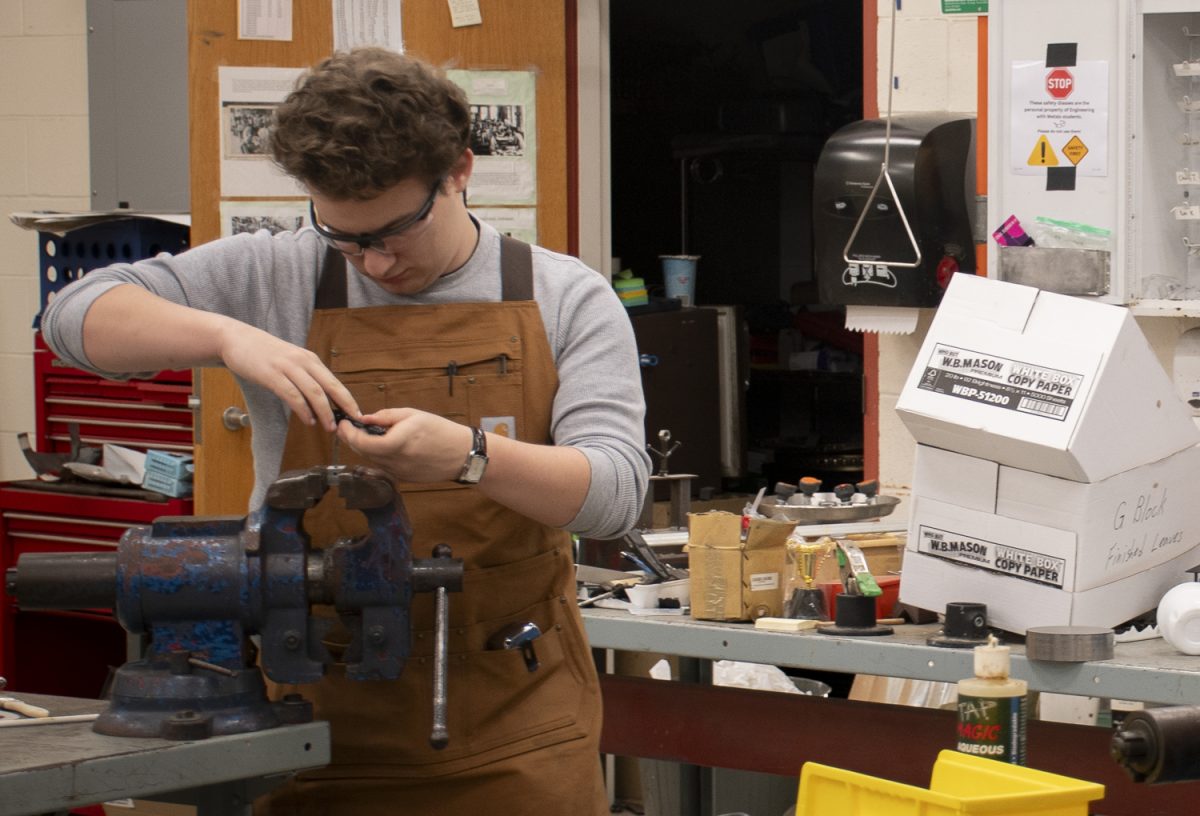
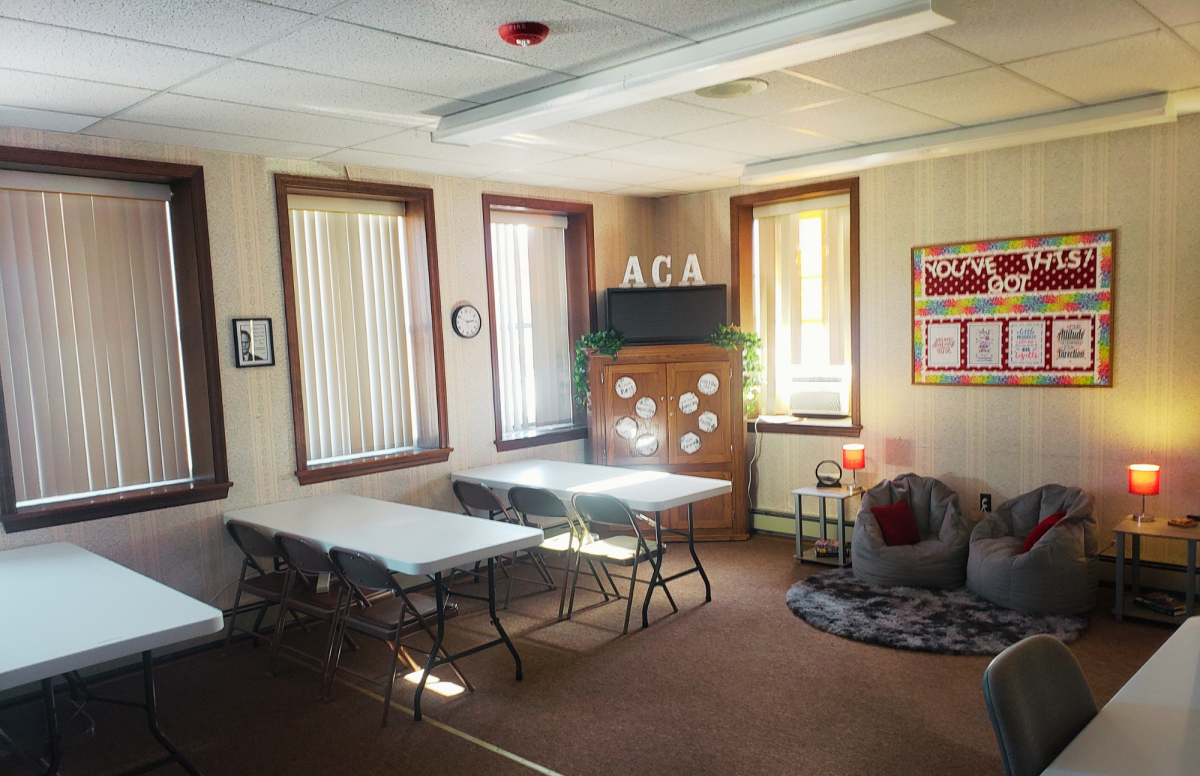
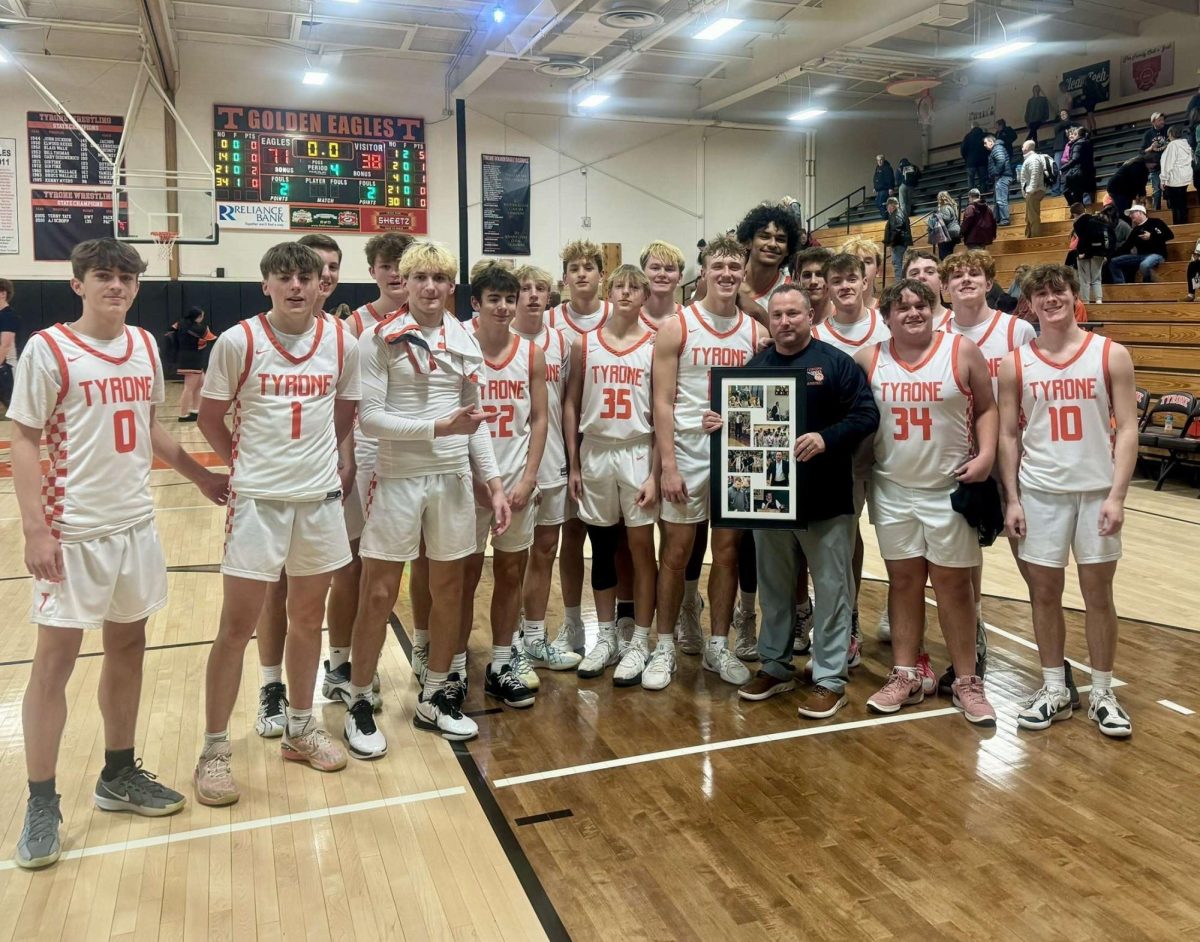
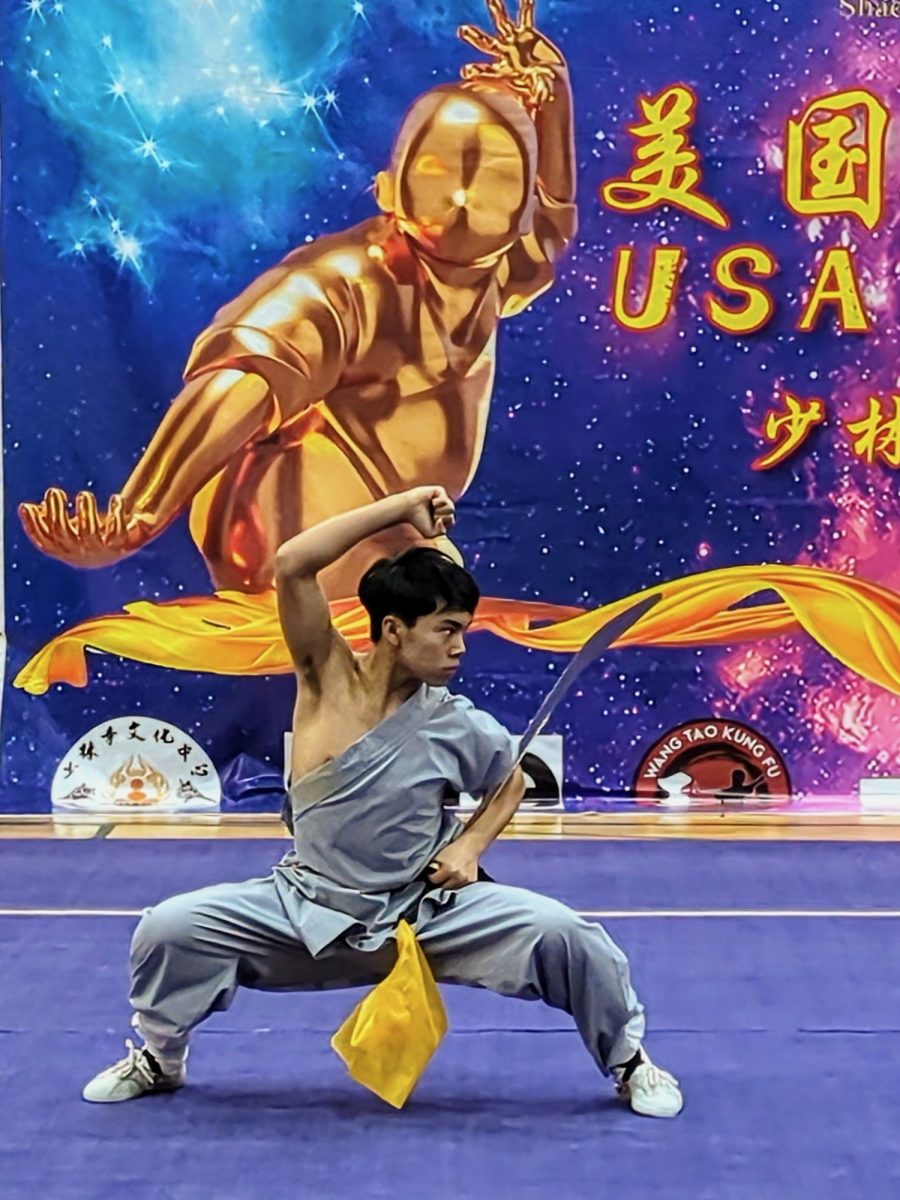
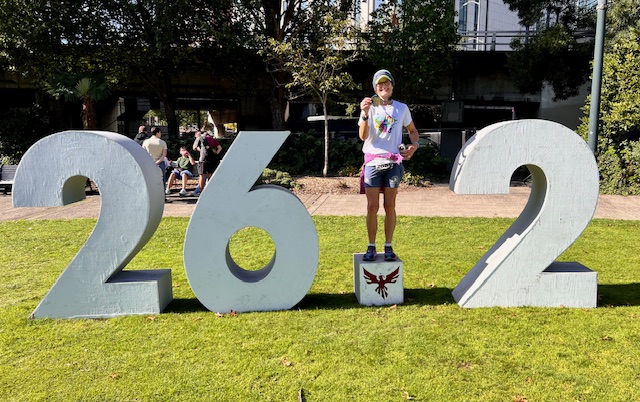
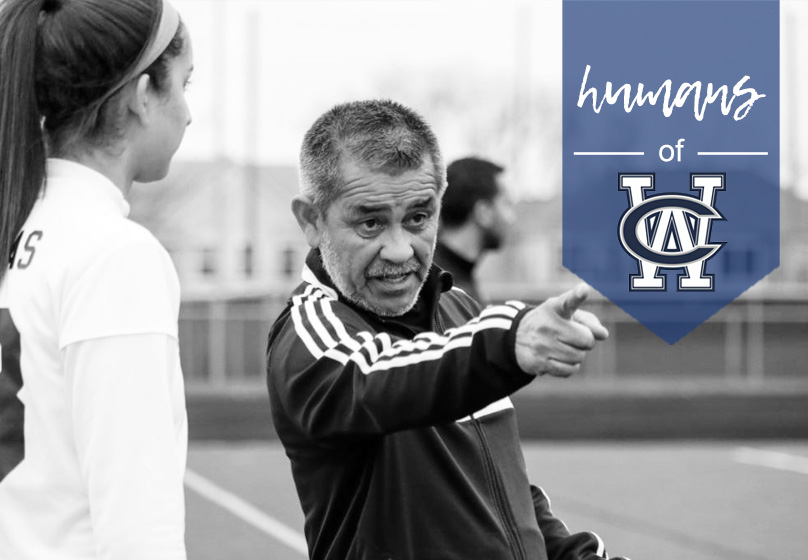

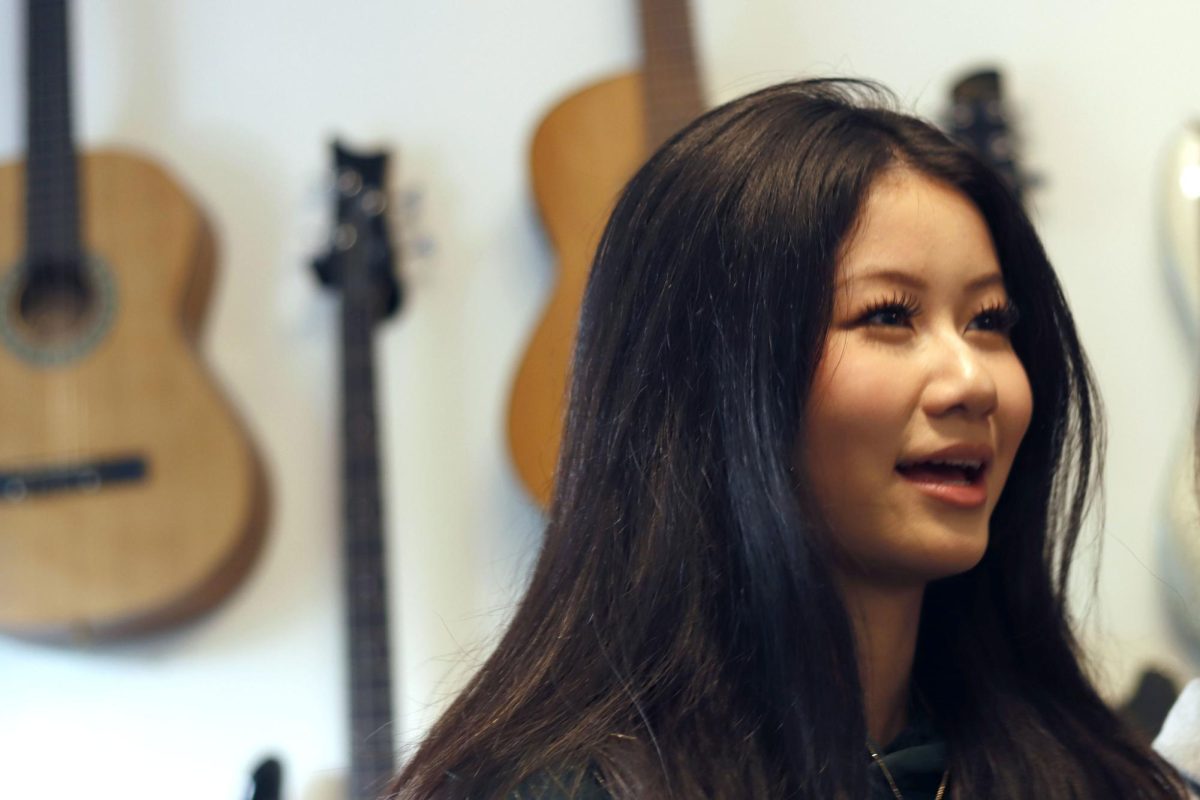


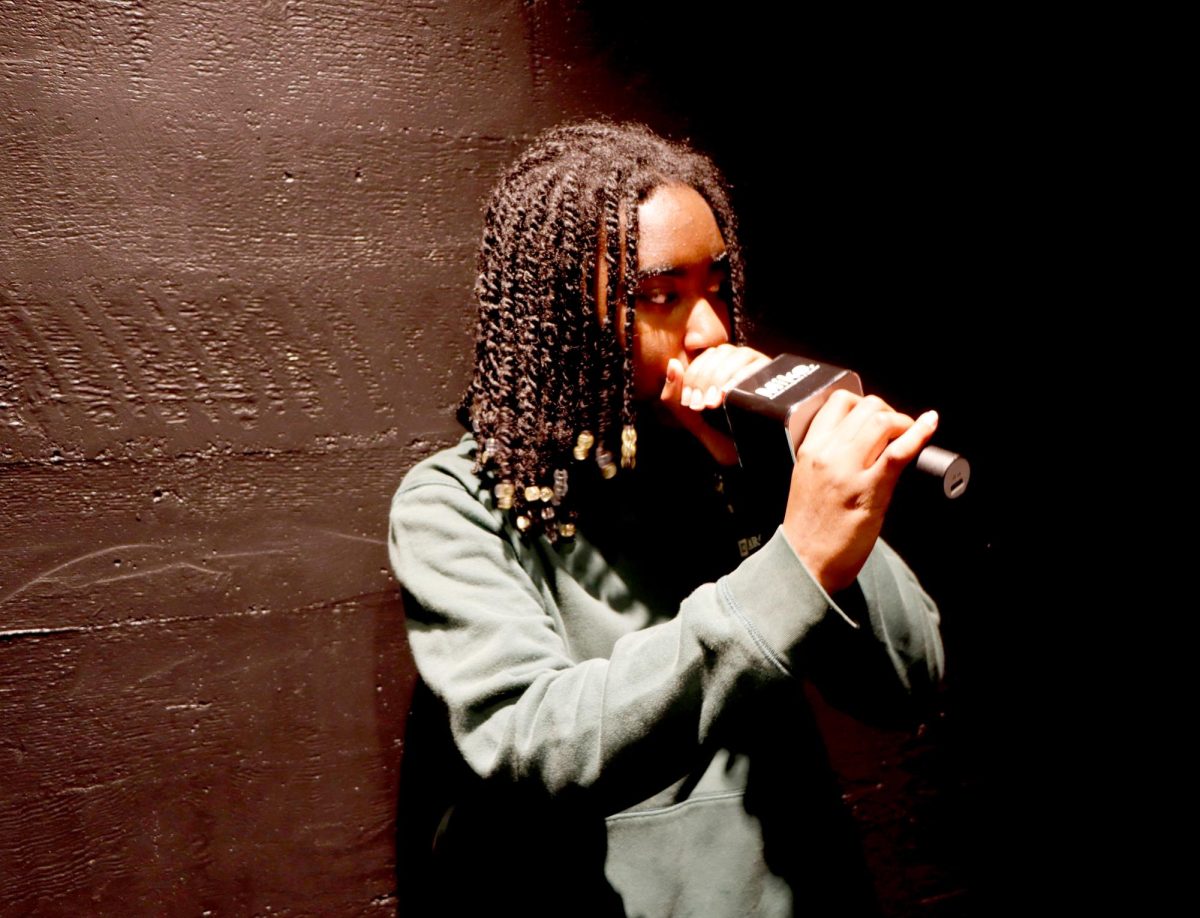


![Some of the most deadly instances of gun violence have occurred in schools, communities and other ‘safe spaces’ for students. These uncontrolled settings give way to the need for gun regulation, including background and mental health checks. “Gun control comes about with more laws, but there are a lot of guns out there that people could obtain illegally. What is a solution that would get the illegal guns off the street? We have yet to find [one],” social studies teacher Nancy Sachtlaben said.](https://bestofsno.com/wp-content/uploads/2025/01/DSC_5122-1200x800.jpg)

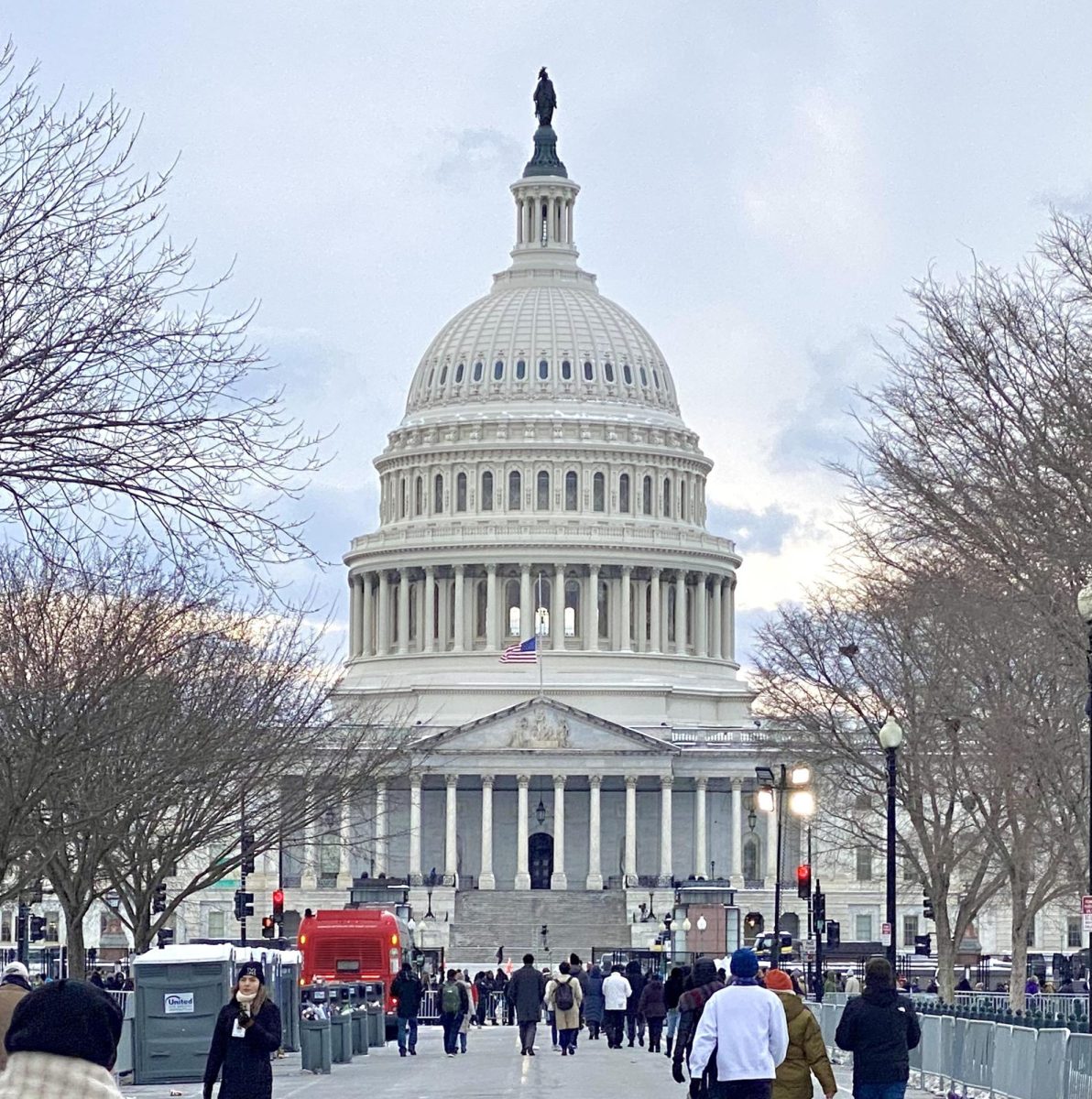
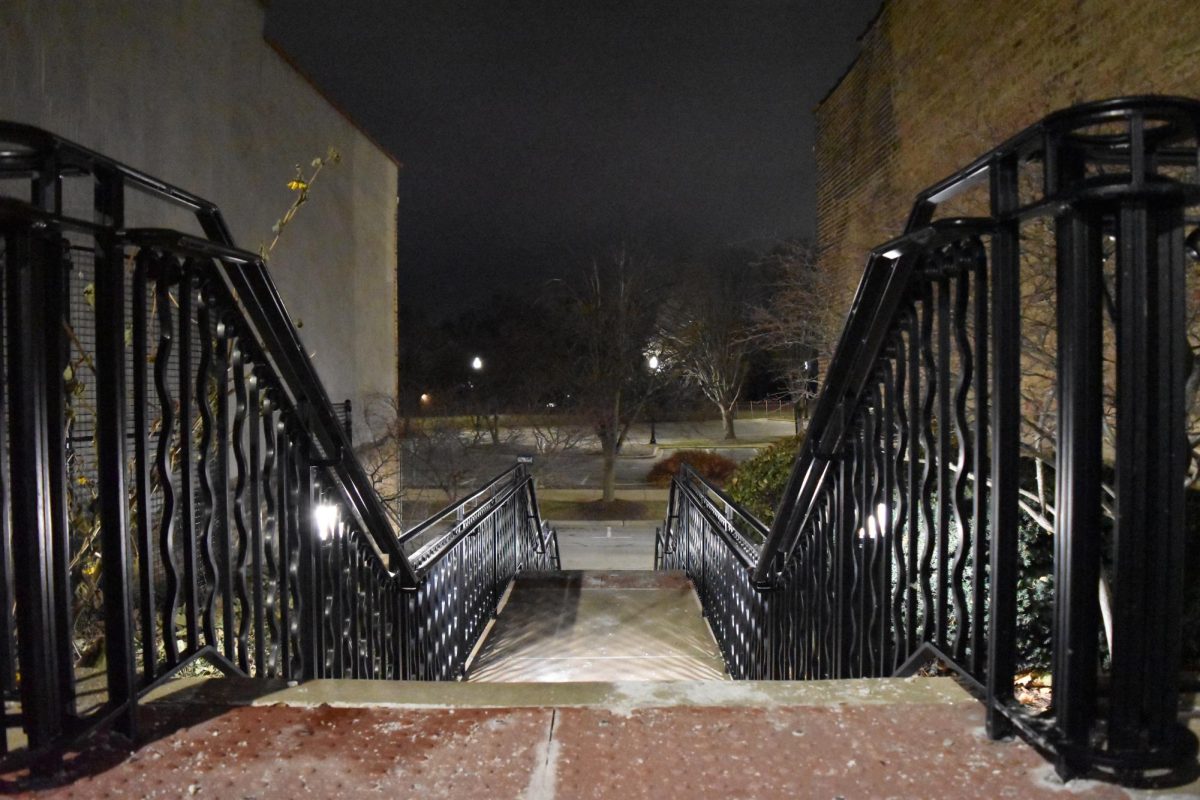

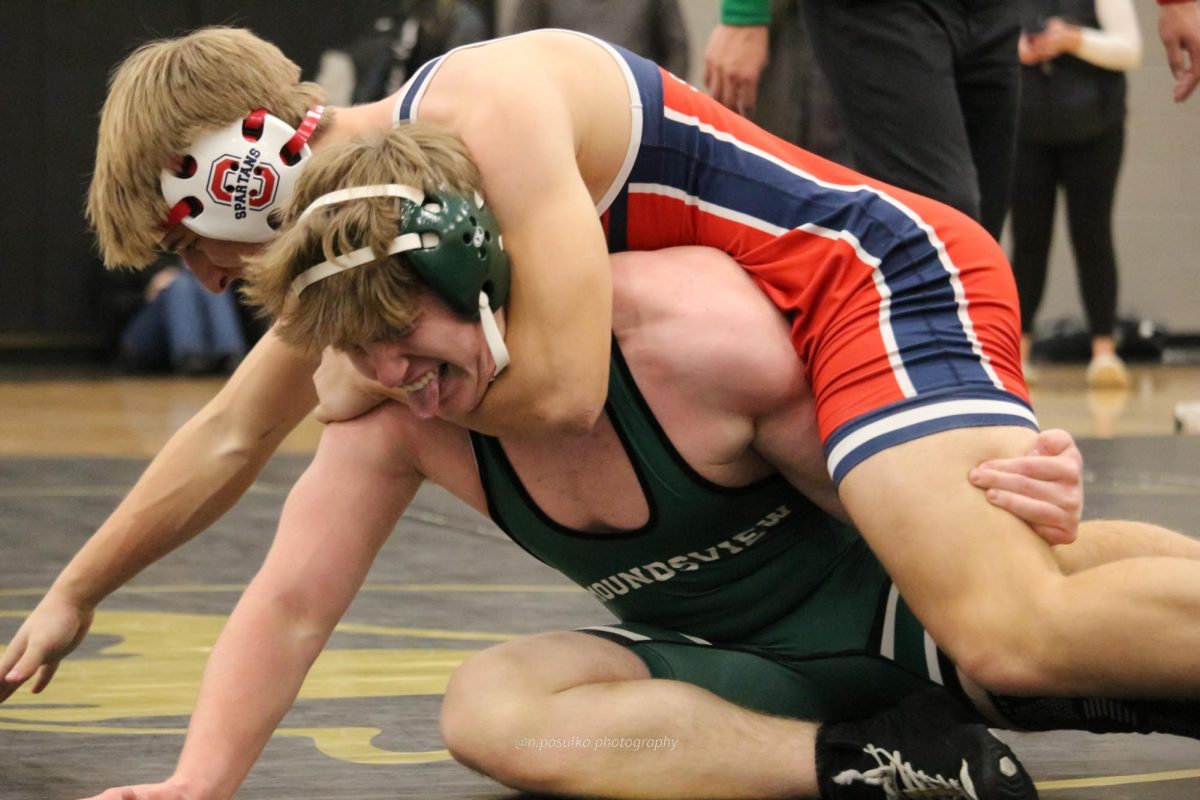
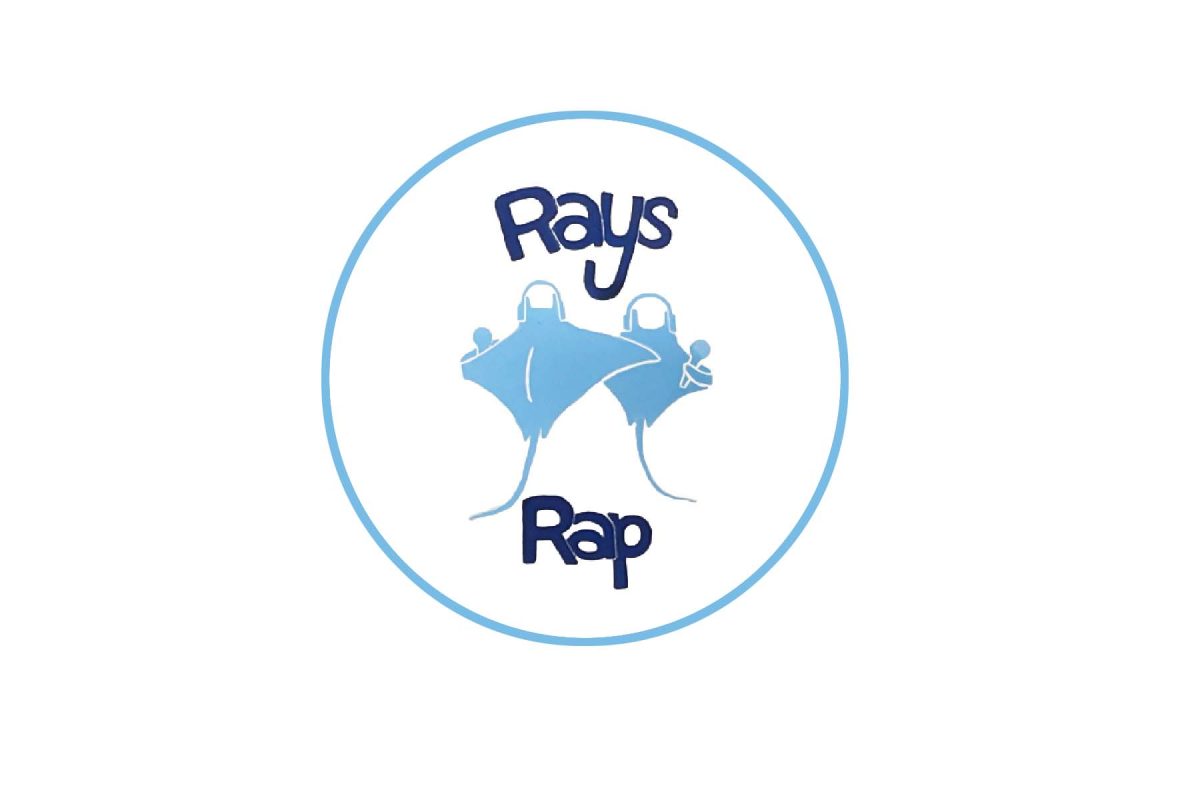
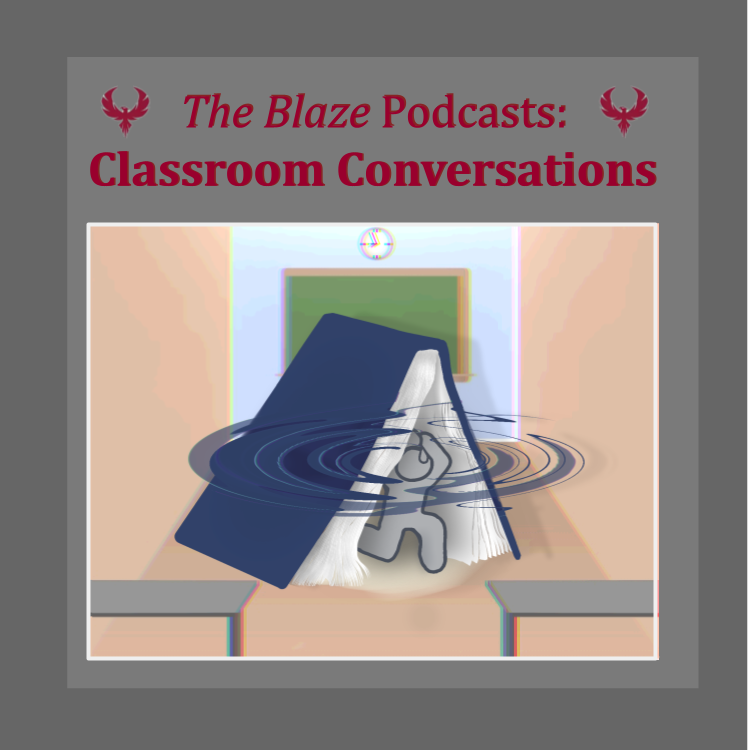

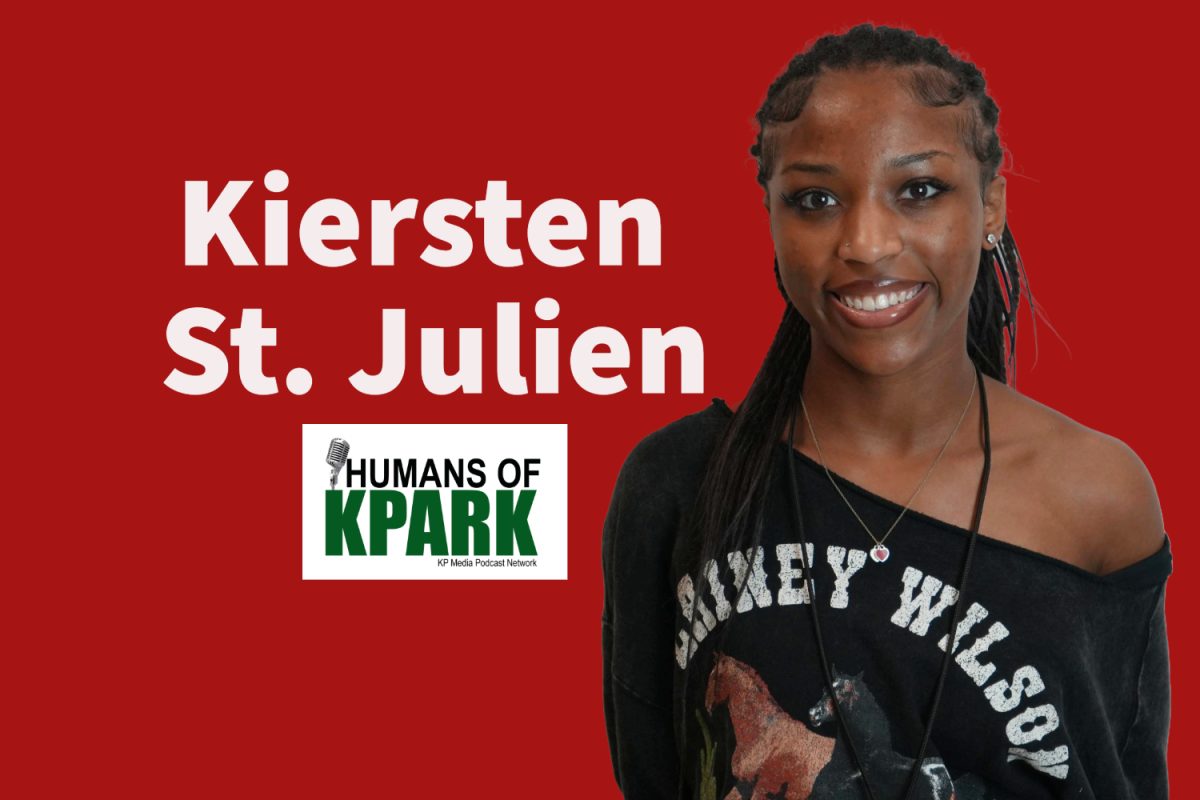
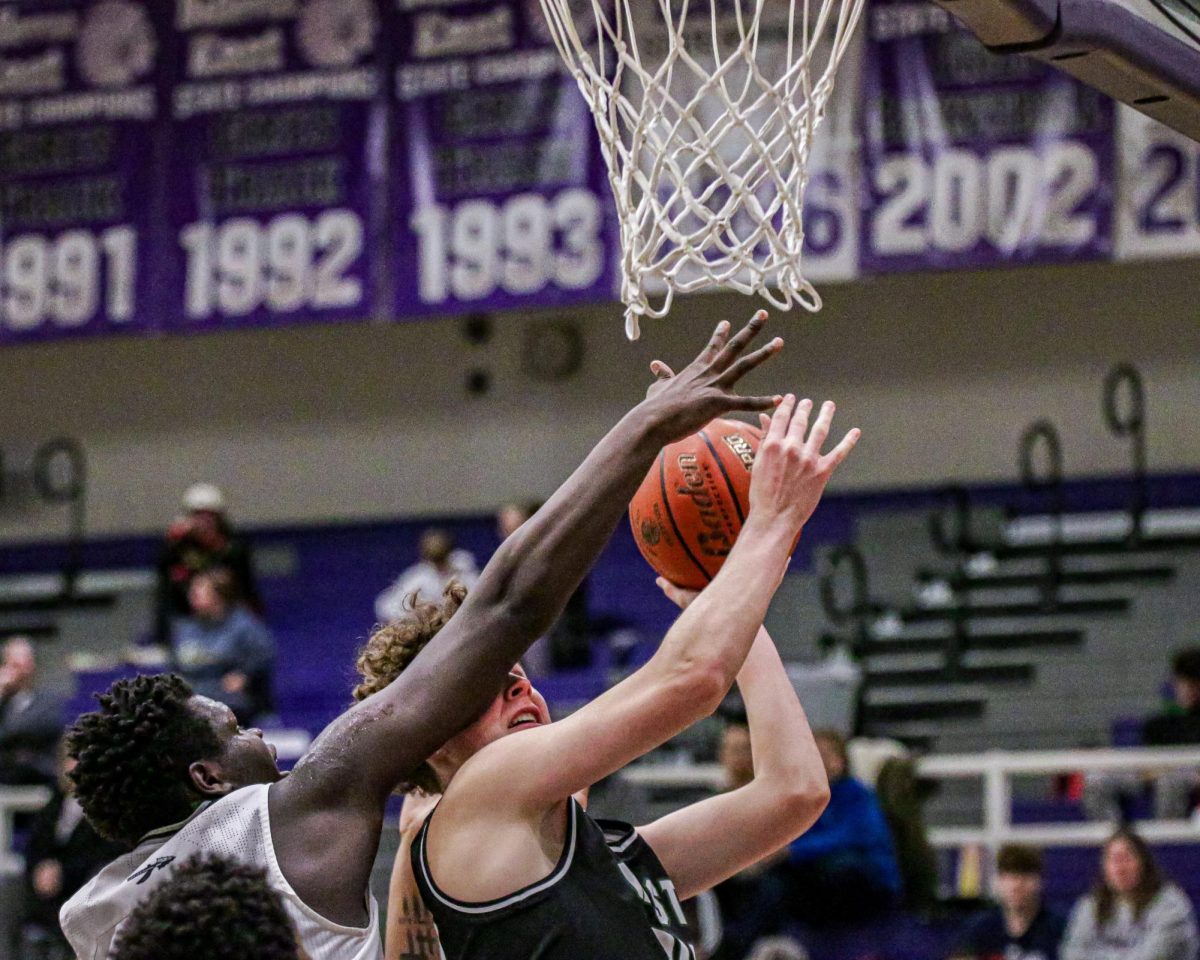
![NEW CHALLENGE, NEW TEAM MEMBERS: Every season, VEX creates a new game that robotics team members are faced with and have to build a robot to compete in. This year’s game forces students to create a robot that is able to stack rings onto mobile goals in order to score points. The change in games each season is something that robotics teacher Audrea Moyers appreciates.
“One of the things that I like about VEX is that they have a new problem to solve every year,” she said. ¨Even though the equipment’s the same, they have to analyze the game, and they have to come up with solutions that are unique that year. They are using their knowledge from prior years, but they have to kind of redesign a problem.”
As returning teams were faced a new game, some new teams and members had to adapt to a uncommon playing field and game.
“Three of our four teams were competing for the first time this year, and they had very different experiences match to match, so I think they learned a lot,¨ she said. ¨It’s hard just watching a video online to know how it’s actually going to be in person, so they all learned a lot about what gameplay is like, how to work with an alliance partner [and] how to adapt during the day to changes.”](https://bestofsno.com/wp-content/uploads/2024/12/IMG_9283-1-1200x800.jpg)
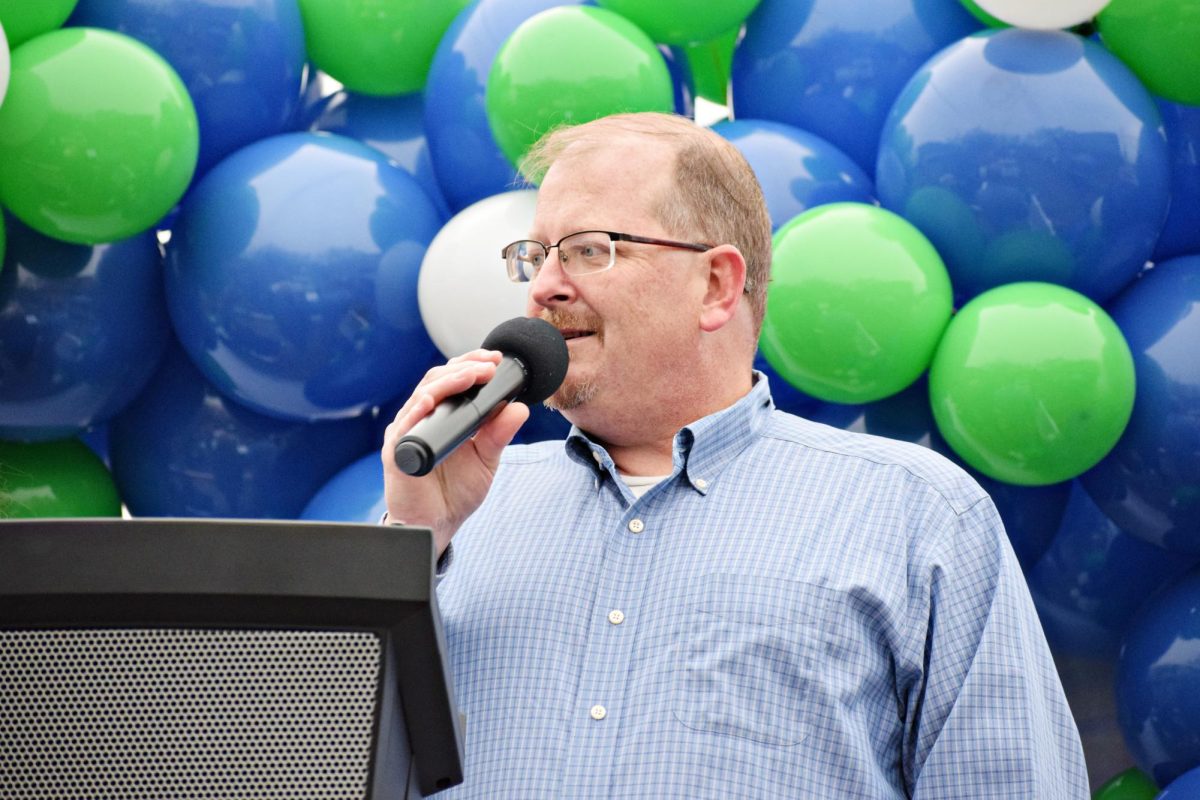
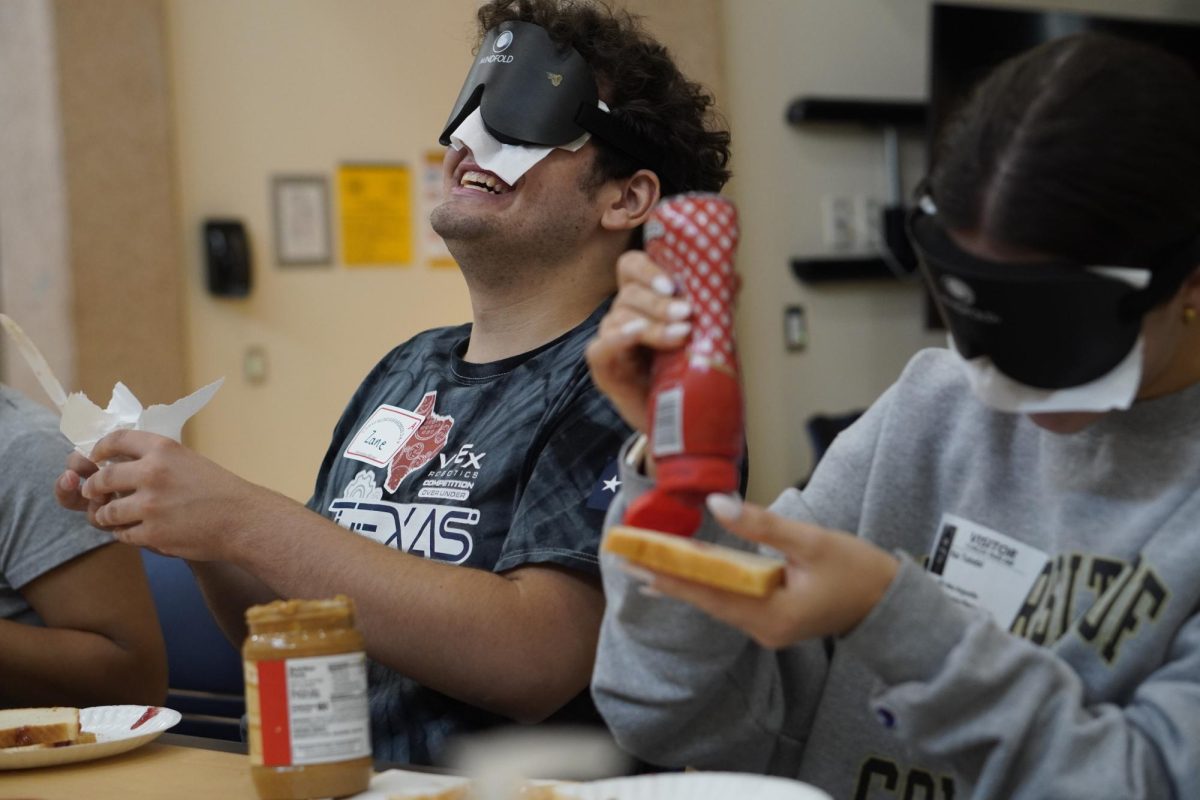
![French teacher Marieme Toure serves a plate of the Senegalese food she prepared for her AP French Language and Culture class, to senior Faiza Syed. “I never had Senegalese food before,” Syed said. “I thought it was so cool that she was able to bring a part of her culture [and] background to us.”](https://bestofsno.com/wp-content/uploads/2025/01/IMG_0798-1200x906.jpeg)
